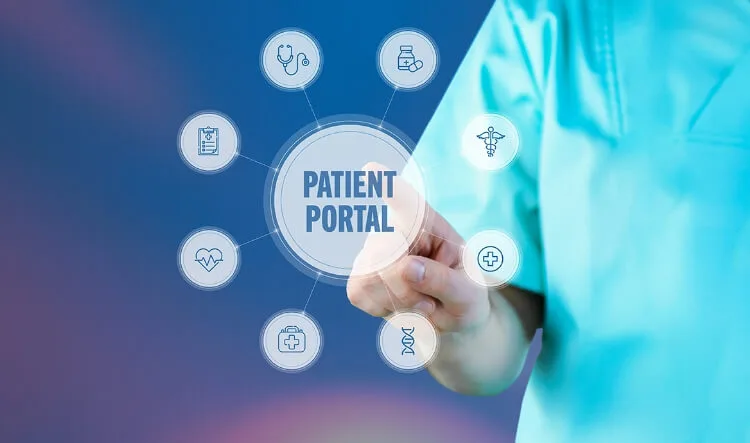Whether you are a therapist or psychiatrist starting out with Electronic Health Records (EHR) to replace paper records or you are replacing an existing EHR system, finding the right solution can seem overwhelming. Planning your specific needs, goals and understanding the overall impact of an EHR system on your behavioral health practice will make the transition process go smoother and increase your chance of success.
Here are four questions to keep in mind as you prepare for an EHR implementation:
Is your behavioral health practice ready for a transition?
Here are a few up-front questions to consider: Are your administrative processes fully documented? You cannot get to where you want to be without knowing how you are doing things presently. A psychiatrist or psychologist has particular workflows that differ from other medical practice specialties.
Can the practice able handle any additional financial costs? Behavioral health providers’ access to funding and resources is often a bottleneck to adoption. Hardware may need to be updated. There may be a loss in productivity during the implementation process. Even after the new system goes live, it may take time to fully experience workflow benefits.
Who will be part of the core implementation team?
A designated leadership team can make or break an EHR implementation process. Their task is to gather information for the project and to assist in the workflow development.
The team can be comprised of clinical and practice management staff. For small practices, the leadership team may include just the provider. Regardless of who is part of the EHR implementation team, the members must have the authority to make decisions on how the transition will take place.
Designating a specific person (or persons) to answer questions and assist others throughout the transition will make things easier and encourage staff participation. One lead member should have the responsibility to make final decisions in the case of conflicts.
What are your goals?
EHRs in behavioral health provides many advantages. Establishing key goals for implementation should be made early and modified as necessary throughout the process. The goals set by the leadership team should be measurable and realistic.
A common goal is to convert patient information from paper records for easier access to clinical data. There is also the opportunity to integrate billing and reduce reliance on external services. Another goal is to participate in Meaningful Use, where data must be recorded to qualify for government incentive payments. Of course, improved quality of care and staying closer to patients is the overarching goal.
Who will be your vendor?
With the initial goals set, it comes time to vet prospective EHR providers. An EHR that is specialty-specific for behavioral health professionals includes tailored forms and templates, such as adult clinical assessment, depression and anxiety, psychological evaluation and psychiatric therapy initial evaluation.
Does the system allow connectivity between the client’s behavioral health practice and primary care doctor? Does the EHR include a patient portal so clients can schedule appointments online, request medication refills and view test and lab results? How does the EHR handle patient confidentiality issues?
What type of EHR platform do you want to use? Client-server systems store data in-house and requires computer hardware and software be installed on-site. In a cloud-based system, the data is stored externally and can be accessed from anywhere, only requiring a computer with an internet connection. Cloud-based EHR solutions often provide a cost-effective option for smaller providers.
A certified vendor has the functionality and security necessary for practices to achieve Meaningful Use (MU) and qualify for Medicare and Medicaid EHR incentive programs. After narrowing down your options of certified EHRs, discuss your goals and expectation with the vendor to ensure that the service will accomplish your practice’s goals.
An EHR implementation can only go as well as its initial preparation. Evaluating workflow needs and practice goals are the most critical steps when starting a transition.
So, how are you preparing your behavioral health practice for your new EHR?








